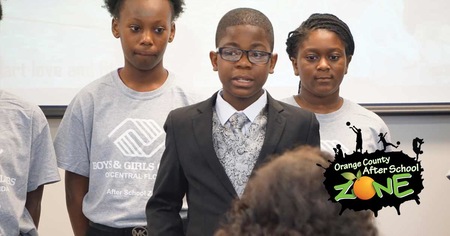Every professional educator is being inundated by the latest and greatest program offerings. Educators are looking for efficient ways to incorporate these teachings into their daily lesson plans. The Search Institute recently presented a workshop on The Perseverance Process, a strategy to strengthen academic motivation and persistence. The Search Institute researchers believe the Perseverance Process is all about relationships.
The ultimate goal of the Search Institute is to understand the effect of developmental relationships on today's youth, and to find practical ways to start and strengthen these relationships. The Institute's current research indicates that students are motivated when their adult relationship partners express care, challenge growth, provide support, share power and expand possibility. Young people want to know that adults like them and want the best for them, that they will help them complete tasks and achieve goals, that they hear and are truly listening to them, and that they will challenge them and help them expand their horizons.
When testing this developmental framework in schools and afterschool programs, the Search Institute researchers determined that in positive relationships, adults share power with students.
Additionally, students who have stronger developmental relationships with their teachers are increasingly motivated academically. When adults engage with youth in conversations about their "sparks"—talents, interests and goals that impassion them—the relationships soar. Students who interact with adults who nurture their sparks are 68 percent more likely to want to master the skills they are learning at school.
The Search Institute realizes the importance of Social and Emotional programs in afterschool settings, the Institute also recognizes that organizations may lack the resources to implement these programs or may simply be experiencing initiative fatigue. In these situations, building beneficial relationships could be the appropriate avenue to pursue.
Perseverance may be an individual act, but youth most powerfully develop the capacity to persevere through relationships. It is important that we demonstrate to young people that they are not trying alone.
Written by Lisa Sticker, AfterSchool Today magazine staff writer.
*Based on content contributed by Kent Pekel, ED.D, and Peter C. Scales Ph.D. Pekel is president and CEO, and Peter C. Scales is Senior Fellow at Search Institute, a nonprofit applied research organization based in Minneapolis, Minnesota.




